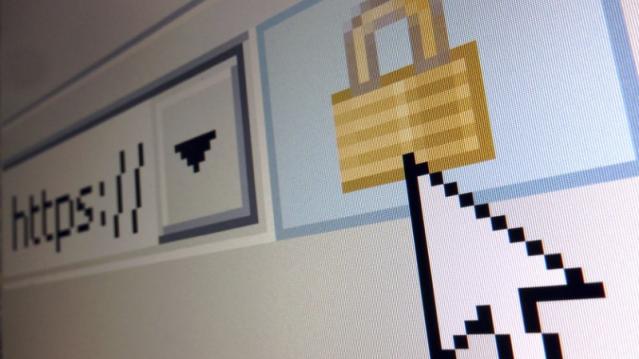The Washington Post Closes a Window on Hackers and Big Government

The Washington Post is pushing back against government surveillance, hackers and other nosy folks trying to get a peek at you and your data.
Starting Tuesday it will begin to encrypt parts of its website to make it more difficult to track the reading habits of visitors. The encryption will apply to the Post’s homepage, stories on the site’s national security page and The Switch, its technology policy blog.
A display icon of a small lock in the web address bar will signal readers that pages are encrypted. In addition, the secure pages will start with the letters “https,” rather than the standard “http.”
The encryption also has the potential to make it tougher for governments to censor content. If censors are monitoring website traffic, they can see only the domain a person is visiting, not the specific page. A country would have to block the entire website if it wanted to block content.
The Post acknowledges that the additional security measures could make online advertising less attractive to companies. Advertisers might also be driven away by having to make sure their content is also secure, an extra step some companies might not be willing to take.
The Post is the first major news organization to introduce such security measures. Last fall, The New York Times published a blog post imploring websites to implement secure connections, but it has yet to follow through on its own challenge.
However, other smaller news sources, such as the Intercept and TechDirt, use https technology by default.
Encrypted traffic is becoming increasingly common for many sites, including online banking and web-based email services. Earlier this month, the Obama administration ordered all public federal websites to begin using https technology by the end of 2016.
The social media giant Facebook announced in early June that users could encrypt notifications sent from the website to a user’s personal email address, protecting potentially sensitive emails. Facebook – as well as hackers, spies and others -- will be denied access to the user’s private encryption key.
This move prevents hackers who have accessed a user’s email inbox from being able to understand emails from Facebook without knowing their private key. While a user’s activity on the actual site will not be encrypted, this announcement could be the first in a series of moves to protect Facebooks’ user privacy.
Apple and Google have also implemented more security measures for user privacy over the last year.
Will Trump's Tax Cuts Really Happen? Economists Are Surprisingly Optimistic
Despite all the thorny questions swirling around President Trump's nascent tax reform plan, 29 of 38 economists surveyed by Bloomberg in a monthly poll said they expect Congress to cut taxes by November of next year.
The hitch: The economists don’t expect the cuts will help the economy much. The median projection of a larger group of 71 economists is for 2018 growth of 2.3 percent, up only slightly from 2.1 percent this year — and by 2019, the economists see growth slipping back to 2 percent.



